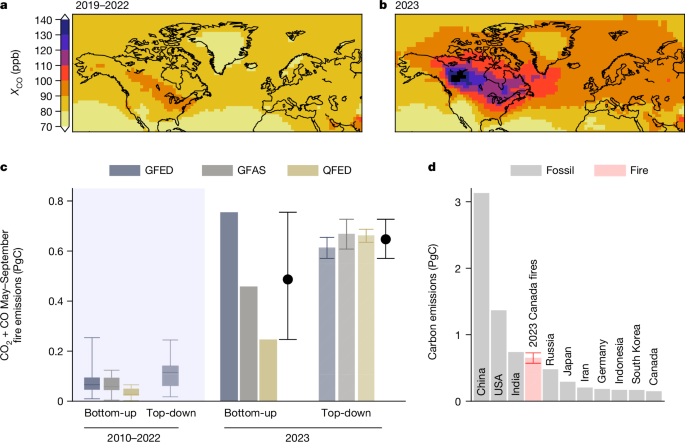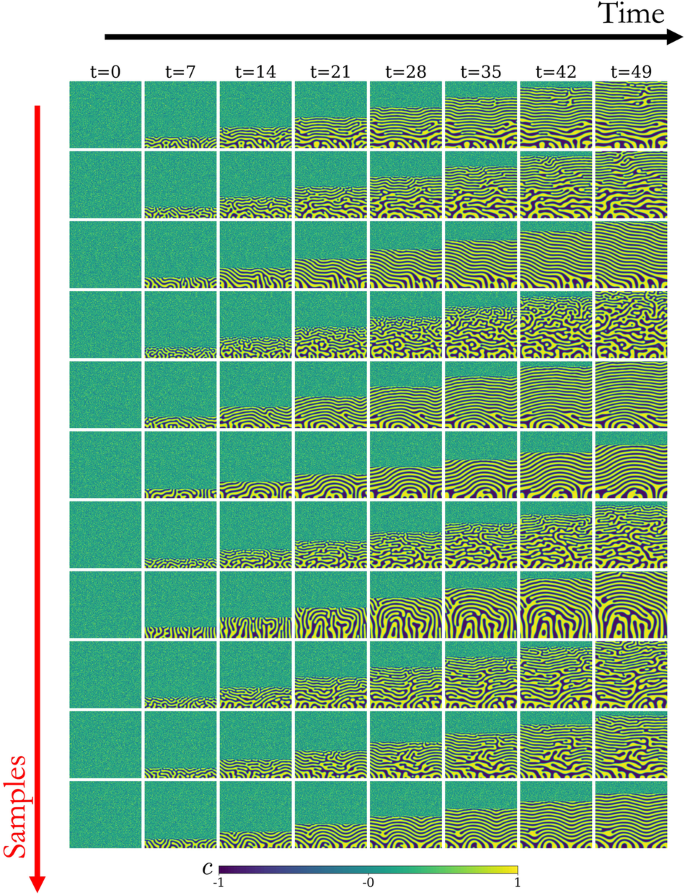2024-08-28 カリフォルニア工科大学(Caltech)
<関連情報>
- https://www.caltech.edu/about/news/new-approach-to-autonomous-vehicle-safety
- https://www.science.org/doi/10.1126/scirobotics.adn4722
アクティブな宇宙船の故障推定と衝突回避のためのオンライン・ツリーベース・プランニング Online tree-based planning for active spacecraft fault estimation and collision avoidance
James Ragan, Benjamin Riviere, Fred Y. Hadaegh, and Soon-Jo Chung
Science Robotics Published:28 Aug 2024
DOI:https://doi.org/10.1126/scirobotics.adn4722
Editor’s summary
As autonomous systems are increasingly deployed in various real-world scenarios, the ability to safely accomplish their desired tasks is dependent on the ability to detect system failures and subsequently take the appropriate action without human intervention. Ragan et al. have developed a method—safe fault estimation via active sensing tree search—for diagnosing system faults capable of planning and acting to ensure safe robot operations. They demonstrated that the method could actively perform fault estimation on a robotic spacecraft simulator on a collision course with a model comet when thrusters are dysfunctional and showed its potential to keep the robot on a safe path. —Amos Matsiko
Abstract
Autonomous robots operating in uncertain or hazardous environments subject to state safety constraints must be able to identify and isolate faulty components in a time-optimal manner. When the underlying fault is ambiguous and intertwined with the robot’s state estimation, motion plans that discriminate between simultaneous actuator and sensor faults are necessary. However, the coupled fault mode and physical state uncertainty creates a constrained optimization problem that is challenging to solve with existing methods. We combined belief-space tree search, marginalized filtering, and concentration inequalities in our method, safe fault estimation via active sensing tree search (s-FEAST), a planner that actively diagnoses system faults by selecting actions that give the most informative observations while simultaneously enforcing probabilistic state constraints. We justify this approach with theoretical analysis showing s-FEAST’s convergence to optimal policies. Using our robotic spacecraft simulator, we experimentally validated s-FEAST by safely and successfully performing fault estimation while on a collision course with a model comet. These results were further validated through extensive numerical simulations demonstrating s-FEAST’s performance.




